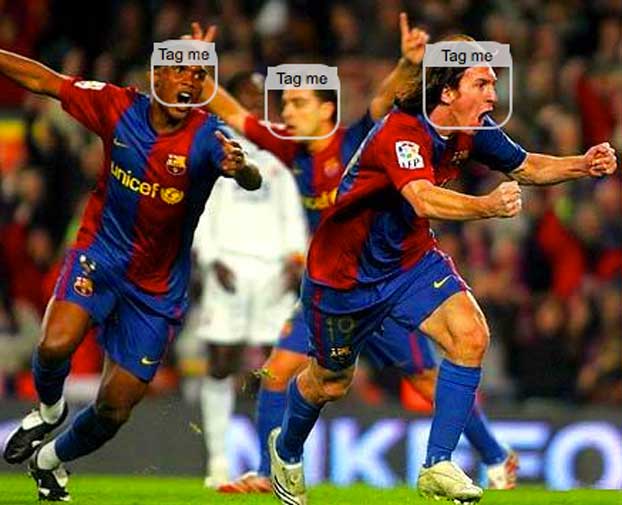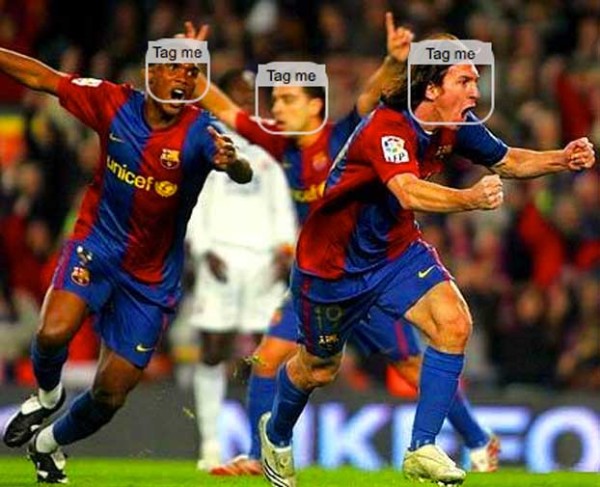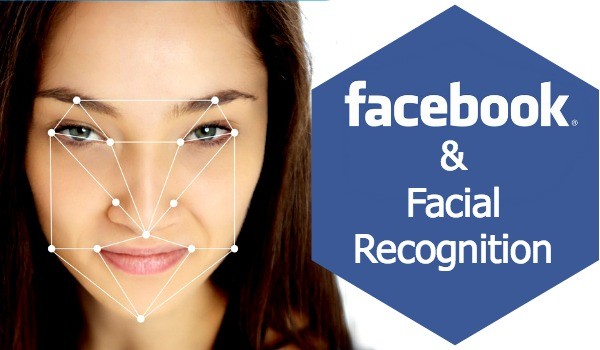

We’re all for taking pictures, taking selfies and group shots everywhere we go, and it’s now customary to take a picture of our dinner for an Instagram shot before we even say grace. But back when the camera was invented, many thought that it was a device not just for taking pictures, but our souls as well and many were terrified to have their picture taken. Smiles weren’t all the rage back then. Many pictures featured somber, sometimes stressed out faces. Maybe they were right all along.
We welcome the opportunity to have our picture taken but only when we’re inclined, invited and aware. But the camera was designed to mimic the human eye and when a camera looks at us when we aren’t looking back, it’s like being watched. It feels uncomfortable to be watched at a convenience store even if you don’t mean to steal anything. If you feel the same way, then what if we get our picture taken unknowingly to be used commercially? Cameras are now being used not just to take pictures but some essence of what we are.
BUY! You’re on Candid Camera
As facial recognition technology has become more advanced and affordable, many establishments were quick to capitalize on it. Companies like RedPepper and FaceFirst have systems installed in several stores and restaurants enabling them to offer regular patrons targeted deals and tag shoplifters. These require the consent of the customers (not the shoplifters) but they can be used otherwise. This means that pictures can easily be associated with our buying habits.
Now there’s this open secret that our data is being shuffled back and forth between big tech and advertising companies starting with our emails resulting in thousands of unread spam mail in our junk box. As tech keeps on advancing and users becoming more careful on where they browse, the next step is to steal our pictures either while we browse on our laptops facing our webcams or from afar being shot collectively by some stalker. These pictures can then be matched and associated with our narcissistic avatars on social media websites, unlocking our interests, every product, place or concept we ‘liked’ which later become ads to be shoved up our behinds. So even offline, our privacy can be stolen even while innocently walking down the street or on the way to work.
Now technology was already heading that way already. It’s already there in the early stages and a code of conduct is being drafted between US privacy and trade groups as encouraged by the Obama Administration and overseen by the National Telecommunications and Information Administration (NTIA). However, the privacy groups believe that the discussions were getting nowhere and decided to withdraw; with privacy groups stating that the way things were going, people won’t be able to walk down the street without companies tracking their movements and recognizing them by name through facial recognition (much like in sci-fi movies where androids or people with high-tech visors focus on individuals and some info on that person appears, Okay Glass?). The guidelines are still required though, to prevent rampant stolen shots by photo harvesting drones and camera setups in every street corner making a Truman out of everybody. The NTIA will continue the hearings hoping for the return of the privacy groups.
It’s difficult to imagine a marriage between effortless image collection and the potential for use by trade groups, and the requirement of individual consent by privacy groups. Eventually some compromise will be settled with the people getting the short end of the stick. Big business will always win waving that all-important economic flag. Speaking of business, it’s high time to sell shades, caps, hoodies, umbrellas and masks.


